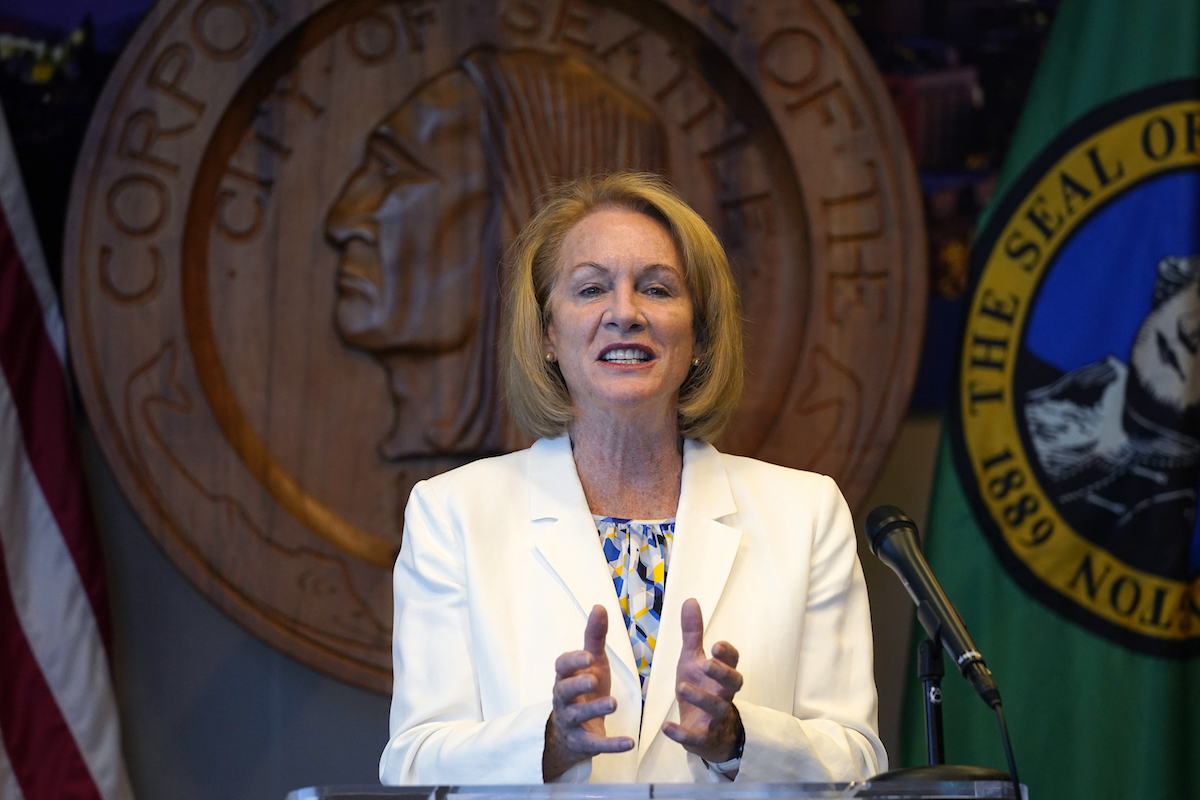Students posed questions and voiced their concerns during the Student Fee Committee (SFC) town hall last week, where members of the SFC discussed their sometimes misunderstood role at Portland State.
The SFC is responsible for funding and sustaining individualized resources and career opportunities for PSU students. The SFC is a group of seven students elected alongside members of the Associated Students of Portland State University (ASPSU)—and together they make up PSU’s student government.
There are two laws in Oregon that dictate the process for determining the cost of education, and subsequently, how much students are charged: Oregon Revised Statute 352.102, which applies to tuition, and 352.105, which covers mandatory incidental fees.
The remaining mandatory fees that go toward student buildings, Health Services, the Recreation Center and online learning are set by PSU’s Board of Trustees, who are appointed by Oregon Governor Kate Brown. PSU also requires students taking over five credits to have medical insurance and “automatically charges $935 to student accounts unless they already have health coverage and waive out by the deadline.”
“The SFC was created to give students a voice in what they pay, and where that money goes,” Committee Chair Kierra Wing said.
“Once elected, the SFC gets started on determining a funding philosophy for the upcoming year,” said SFC member Hakan Kutgun. “In line with that funding philosophy, we determine the budgets and allocations for the student fee funded areas and make necessary calculations and deliberations.”
Those figures are then presented to ASPSU, and if agreed upon, the SFC budget becomes the joint recommendation of the student government before making its way to President Stephen Percy—and following approval, to the BOT for final review.
While the formation and distribution of student incidental fees are fairly straightforward, the SFC has less control over the student building fee. Wing described it as a “mandatory fee that we have to pay for building debt services—and for funding small building projects for past renovations, such as space relocation for the Women’s Resource Center, tactile map creation, Smith’s lactation rooms and all-gender restroom signs.”
PSU offers opportunities through their resource centers, as well avenues for student employment, including many that the SFC helps fund. “This is the budget process, but our work doesn’t end here,” Kutgun said. “Throughout the year we maintain consistent communications with these fee-funded areas to ensure that these services and opportunities provided to students are always working.”

Wing said that the question the SFC gets asked most is, “If classes aren’t on campus, why can’t you refund more?”
“The majority of our budget—80%—goes toward employing people. And the
future of sustained operations—if we cut fee-funded areas now—what would we come back to?” Wing said.
The SFC’s budget of over $18 million—made up of students’ incidental fees—has funded a combined 1,292 student jobs during 2020–21 so far. The $34 reimbursement students received applies to the “refund of cancelled events and programming, and reduced workers hours,” Wing said.
“People deserve healthcare, retirement and raises. We have a commitment to students, but it’s not in the best interest of morale, productivity and honesty to not respect people’s contracted benefits. We support unions and workers rights who are out here to protect the people who are protecting us.”
Since the spring of 2020, “$2 million has been refunded to students from the SFC fund, compared to all other public universities across the state not offering any financial reimbursements,” according to SFC member Nick Dickens.
“Due to decline in enrollment, they have to raise the tuition to meet that gap, and the SFC doesn’t get a say in the enrollment and tuition rates, only in regard to the student incidental and building fees,” Wing said.
Those numbers were recently discussed during a February budget town hall with Percy and his leadership team: “Fall enrollment was down 7.8% from the prior year, and winter down by 8.3%,” said Chuck Knepfle, PSU’s vice president of enrollment management.
“Around the first of the year, both freshman and transfer applications were down 30% from the prior year,” he said. “On the positive side, graduate enrollment and recruitment have not seen the same decline as undergraduates.”
Given that the cost of tuition and mandatory fees at times originate from divergent spaces and are governed by separate bodies, knowing where to direct financial questions isn’t always easy. Combine that with a shared student sense of “where’s my money and what’s it going toward?” and there are some valid frustrations—as some town hall attendees voiced.
“I understand that you guys are getting the brunt of the anger, but if you’re not angry, then you’re the problem, simple as that,” said a SFC town hall attendee.
“I am angry, I am always angry, just not toward students,” Kutgun said. “If you feel angry, you’re at the right place. Come to ASPSU, we need more angry people.”
“Join ASPSU, contact the SFC with your concerns and thoughts, attend our meetings—if you’re angry about things, join an organization that’s committed to fixing those things,” Wing added.
“It’s hard to try and balance the interests of students with what the university allows us to do, so I hear you, I really do,” said SFC member Dominique Chen.







I love this article!